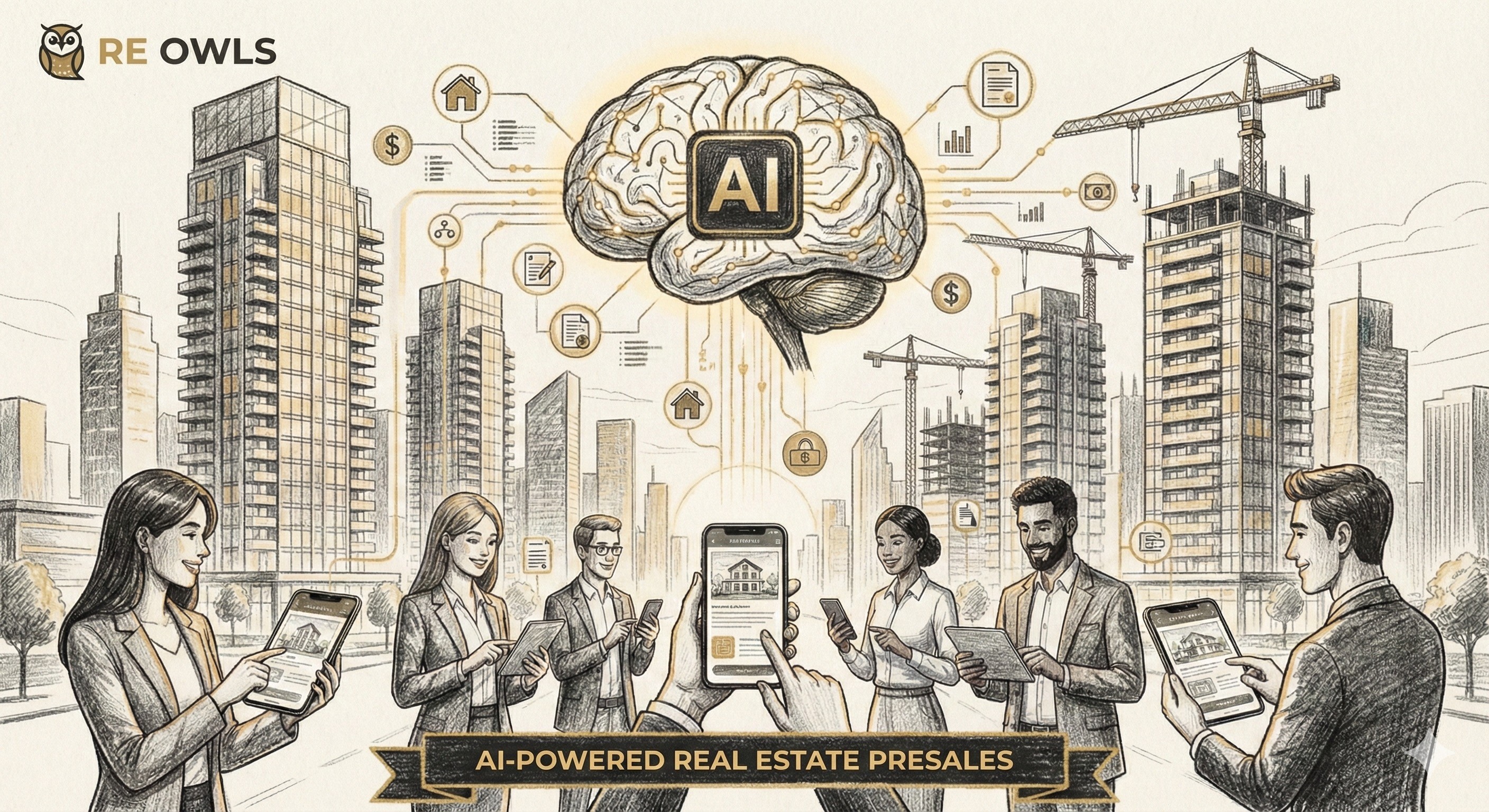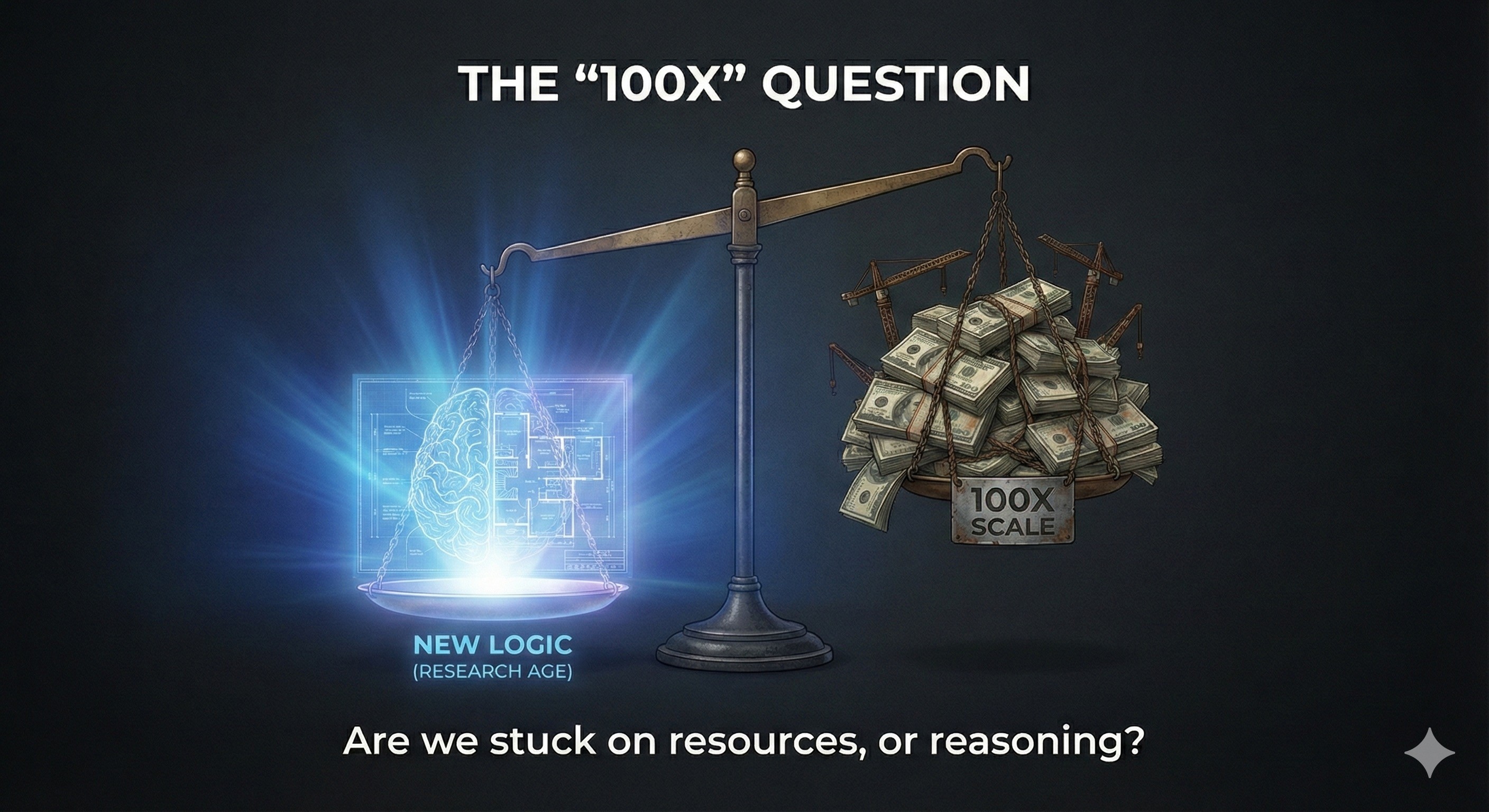The real estate sector, a behemoth contributing to 13% of the global economy, is ripe for transformation. With recent years witnessing a surge in investments and innovation, notably through 15 IPOs and an infusion of over $32 billion, the stage is set for a technological revolution. Spearheaded by entities like Fifth Wall, the largest venture firm in real estate technology, the industry is on the brink of a seismic shift. This blog post delves into the challenges plaguing the real estate buying and selling process and explores how Artificial Intelligence (AI) and technology are poised to redefine the landscape.
Understanding the Challenges
The process of buying and selling homes remains ensnared in antiquated practices, an "anachronistic" maze of offline and analog processes that significantly impact consumer decisions. The current system, marred by inefficiencies and a glaring lack of information, demands a radical overhaul. The involvement of complex, peripheral financial products, such as home and title insurance, mortgages, and notarization of documents, further complicates transactions, making the experience daunting for consumers.
The Role of AI and Technology
Enter AI and technology, the harbingers of change in the real estate domain. Companies like Opendoor have paved the way, introducing digital marketplaces that enhance liquidity and simplify the transition from one home to another. Such platforms not only expedite transactions but also ensure they are more transparent and consumer-friendly.
Moreover, investments by firms like Fifth Wall in startups focusing on digital home insurance (Hippo), digital title insurance (Doma), and streamlined mortgage processing (Blend) underscore a significant shift towards digitization. These technological interventions are dismantling the old, cumbersome frameworks, replacing them with efficient, seamless, and more accessible processes.
The Future of Real Estate Transactions
The future of real estate is digital. As the industry continues to embrace technology, we can anticipate several advancements:
Enhanced Transparency: AI-driven analytics will provide consumers with unprecedented insights into property valuations, market trends, and investment opportunities.
Streamlined Processes: From digital notarization to AI-powered mortgage approvals, technology will continue to simplify and speed up transactions.
Customized Solutions: Leveraging big data, AI will offer personalized recommendations for buyers and sellers, optimizing matches between properties and consumer preferences.
Virtual Realities: Augmented and virtual reality technologies will enable virtual tours, allowing buyers to explore properties from anywhere in the world.
Smart Contracts: Blockchain technology will facilitate secure, transparent, and efficient contract management and execution.
Conclusion
The infusion of AI and technology into real estate promises a future where buying and selling properties is no longer a daunting task but a seamless, transparent, and consumer-centric experience. As the industry continues to evolve, staying abreast of these changes and embracing the digital revolution will be key to navigating the future of real estate.
As we witness the transformation of real estate through technology, it's essential to recognize the potential of AI and digital innovations in creating a more efficient, accessible, and consumer-friendly market. The journey ahead is exciting, and the possibilities are limitless.




